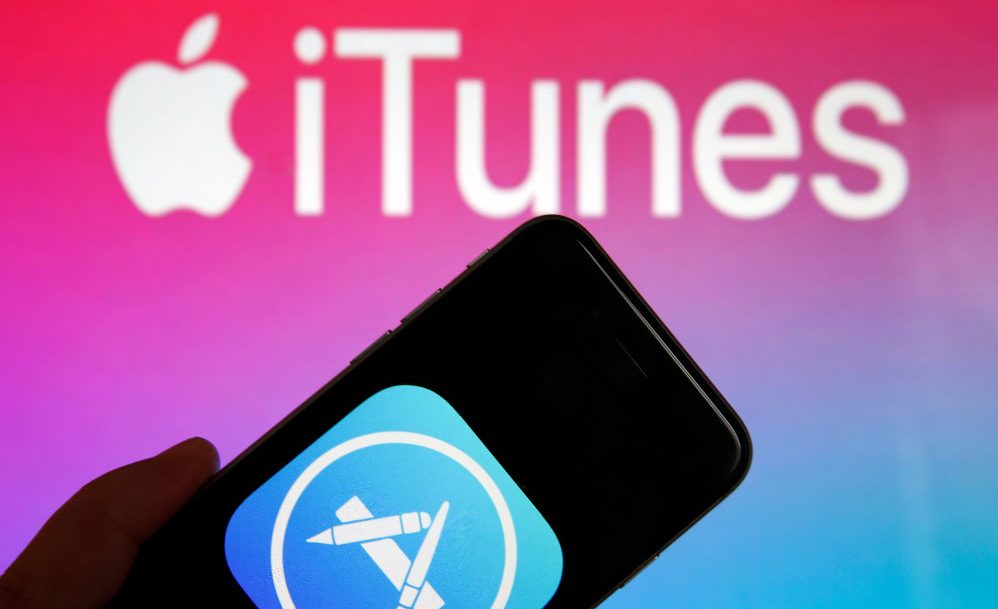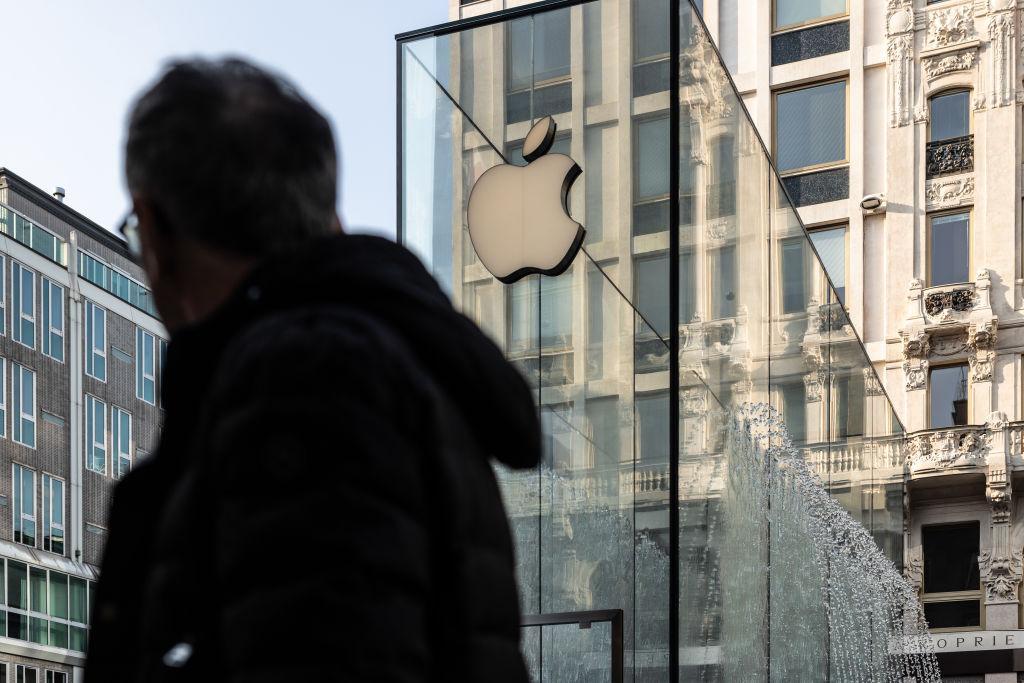The European Union is to force through changes to Apple’s iPhone operating system iOS to make it compatible with the bloc’s anti-trust laws.
In a press release published on July 11, the European Commission confirmed that Apple had entered into a binding agreement with Brussels to adjust access parameters to the Near-Field-Communication (NFC) technology on iPhone devices using the operating system.
Apple had previously locked third-party companies out of using the technology for third-party payment systems, with only the company’s own Apple Pay and Apple Wallet being available on the devices.
It is safe and convenient to pay with your phone. @Apple has committed to allow rivals to access the 'tap and go’ technology of iPhones. Today’s decision makes Apple’ commitments binding. It opens up competition in this crucial sector.https://t.co/oyidbOOXeW
— Margrethe Vestager (@vestager) July 11, 2024
“Our preliminary finding was that Apple abused its dominant position by restricting access to the technology needed to make payments by iPhones,” Commission Vice President Margrethe Vestager said in a statement announcing the iOS changes.
“By excluding competitors from the market, it may have had a negative impact on innovation. This reduction in choice and innovation is harmful. It is harmful to consumers and it is illegal under EU competition rules.”
She added that Apple had offered concessions to the EC earlier this year aimed at rectifying its alleged abuse of its market decisions.
The European Union she said, had formally agreed to concessions based on the original proposals, which are now to be legally binding.
These changes include opening the iPhone operating system up to third-party payment wallets “free of charge”, as well as giving these competing wallets access to various quality-of-life technologies developed by Apple.
The iPhone manufacturer will also be forced to allow users to choose a wallet other than Apple’s official offering to be their default option on their iPhone.
“The commitments bring important changes to how Apple operates in Europe to the benefit of competitors and customers,” Vestager said.
“Apple has until the 25th of July to implement their commitments. As of this date, developers will be able to offer a mobile wallet on the iPhone with the same “tap and go” experience that so far has been reserved for Apple Pay.”
“The commitments would remain in force for ten years. Apple’s compliance will be ensured by a monitoring trustee. And there will be a fast dispute resolution mechanism, which will also allow for an independent review of Apple’s implementation,” she added.
This represents the latest instance of the EC going after Apple, with Brussels regularly using the Digital Markets Act in particular to pressure the US tech giant into making changes to its flagship products.
Apple risks heavy penalties over ‘very serious issues’, Vestager warns. https://t.co/lWlq0TiezD
— Brussels Signal (@brusselssignal) June 20, 2024





